Smartphone sales jump 43 per cent year on year
Rising competition and greater choice at the low end mean smartphones now account for one in five mobile phones sold worldwide, say analysts.


Sign up today and you will receive a free copy of our Future Focus 2025 report - the leading guidance on AI, cybersecurity and other IT challenges as per 700+ senior executives
You are now subscribed
Your newsletter sign-up was successful
Global smartphone sales in the second quarter were nearly 50 per cent higher than a year ago, new research shows.
Some 60 million smartphone units were shipped in the three months to June, according to Strategy Analytics, a 43 per cent increase on 2009 levels. Smartphones now account for nearly one in every five mobile phones sold worldwide.
Nokia managed to increase its market dominance despite its announcement yesterday of a sharp drop in profits, while as expected Apple's widely publicised signal strength issue on the iPhone 4 saw its own share of the market recede somewhat.
Strategy Analytics pinpointed operator subsidies, competition between vendors and an increasing number of low-cost smartphones built on Android and Symbian operating systems, as the key drivers behind the increase.
In Nokia's case, subsidies and heavy promotion seem to have played an especially big part in boosting sales. Reversing an earlier slide that saw it slip to 38.8 per cent share at the end of March, the Finnish handset maker has now pushed back past the 40 per cent barrier.
Apple, meanwhile, saw its market share slide to 14.1 per cent from the previous quarter's 15.9 per cent the inevitable result of the adverse publicity of its month-long public relations woes over reception problems on the new iPhone. It remains up on the 12.5 per cent share it held at the equivalent point last year, however.
"The Apple 'antenna-gate' saga highlights two key issues facing the global smartphone industry," Strategy Analytics analyst Neil Mawston wrote. "First, the risk of device failure for all vendors will continue to rise as smartphones become more complex to design. And second, smartphone vendors and operators can differentiate their brands by offering good after-sales service when things go wrong."
Sign up today and you will receive a free copy of our Future Focus 2025 report - the leading guidance on AI, cybersecurity and other IT challenges as per 700+ senior executives
Last week Apple CEO Steve Jobs said the company will be supplying new iPhones with free rubber bumpers, which solve the reception problem, and would refund anyone who had already invested in one. However, this only came after a month of playing down the problem and advising customers to buy a bumper themselves.
RIM and its BlackBerry brand remained in second place behind Nokia, with its market share slipping slightly to 18.8 per cent, a drop of 0.3 per cent.
Strategy Analytics' Mawston warned that with levels of competition now matching levels of growth in the smartphone market, it was going to become more and more difficult for even established industry giants to make any significant inroads.
"The global smartphone industry is growing volume, but the industry's value is beginning to feel the effects of intensifying competition," Mawston wrote.
"Dozens of vendors from the telecoms, PC and consumer electronics industries are piling into the market and driving down prices. Even established brands such as Nokia, RIM, and Apple are finding it increasingly hard to raise prices and profits in the face of such fierce competition."
Maggie has been a journalist since 1999, starting her career as an editorial assistant on then-weekly magazine Computing, before working her way up to senior reporter level. In 2006, just weeks before ITPro was launched, Maggie joined Dennis Publishing as a reporter. Having worked her way up to editor of ITPro, she was appointed group editor of CloudPro and ITPro in April 2012. She became the editorial director and took responsibility for ChannelPro, in 2016.
Her areas of particular interest, aside from cloud, include management and C-level issues, the business value of technology, green and environmental issues and careers to name but a few.
-
 Nokia hails success of Europe’s first commercial 5G cloud RAN deployment
Nokia hails success of Europe’s first commercial 5G cloud RAN deploymentNews Elise says its 5G cloud network puts it in a strong position during a move towards 6G
-
 Kyndryl and Nokia extend partnership to drive data center networking gains
Kyndryl and Nokia extend partnership to drive data center networking gainsNews The companies plan to offer more data center networking options aimed at enterprise customers
-
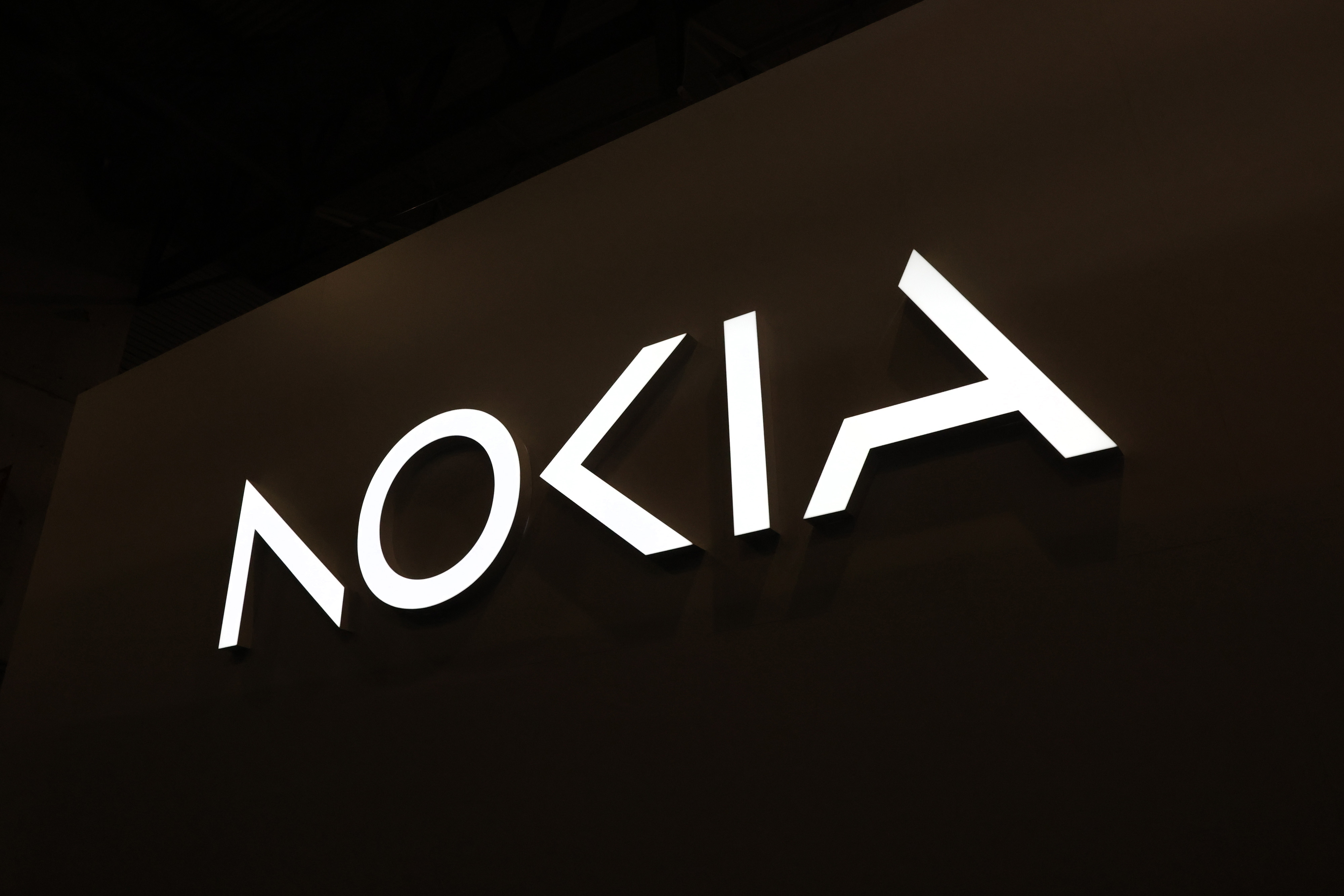 Dell and Nokia expand strategic partnership to drive network cloud transformation
Dell and Nokia expand strategic partnership to drive network cloud transformationNews The companies will leverage each other’s expertise and distribution to scale telecom networks and private 5G use cases
-
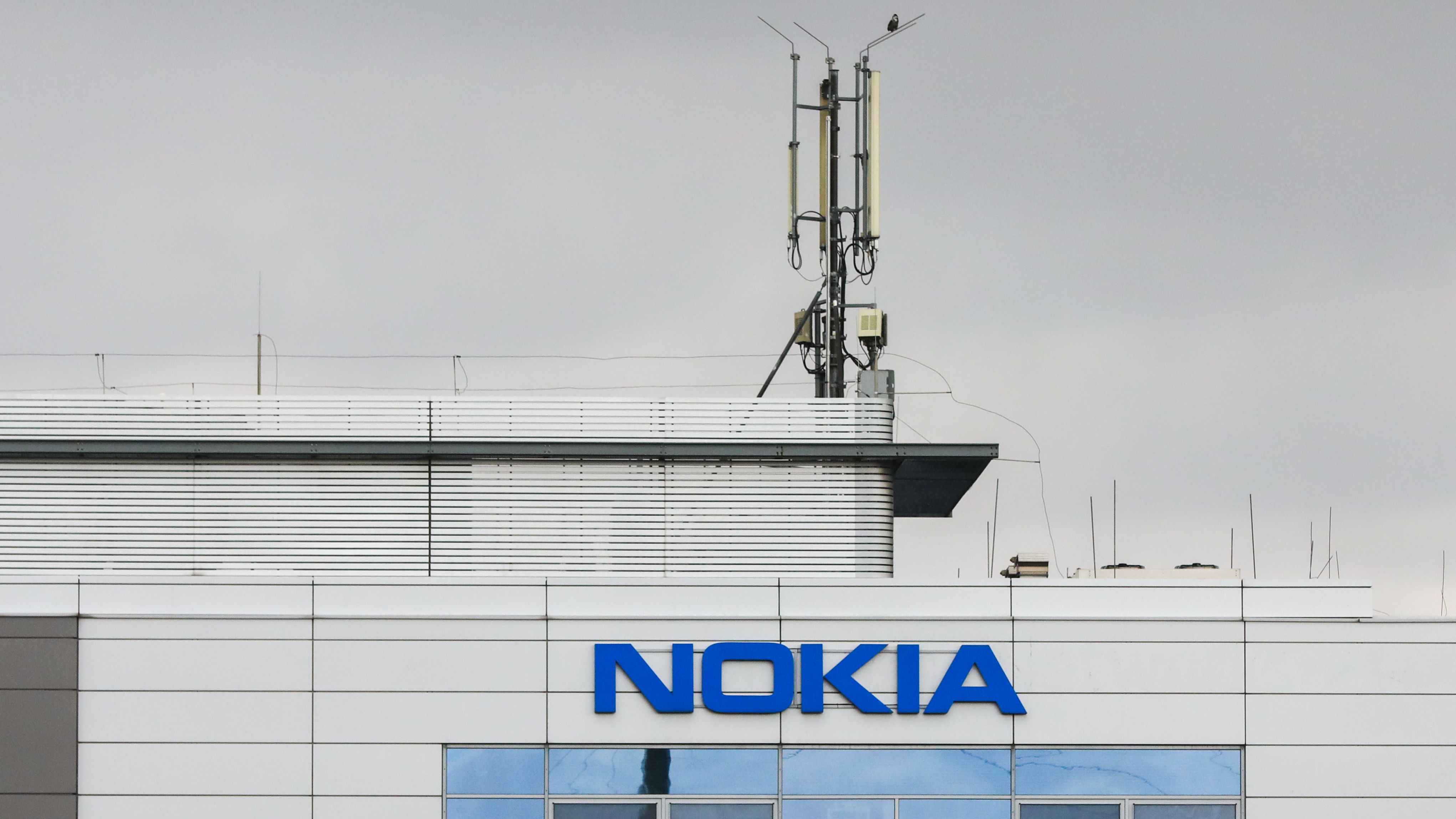 Nokia and Google score breakthrough in Android 13 network slicing
Nokia and Google score breakthrough in Android 13 network slicingNews Nokia's solution will allow devices to connect to multiple network slices simultaneously, provided by existing 4G and 5G operators
-
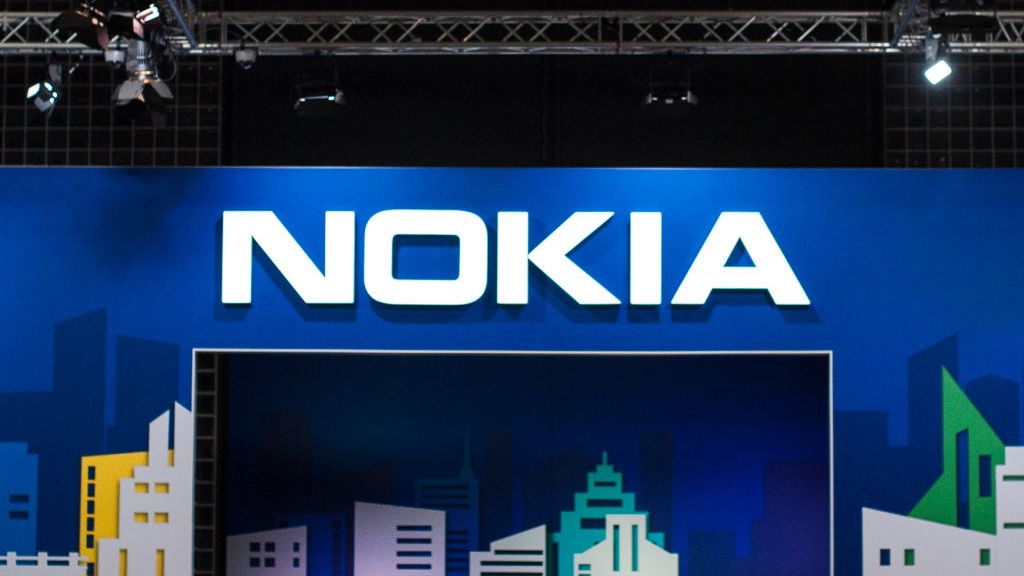 Nokia wins Indosat contract to expand 5G across Indonesia
Nokia wins Indosat contract to expand 5G across IndonesiaNews The deal will bring next-gen communication technology to customers across a 1.4 million square kilometre area
-
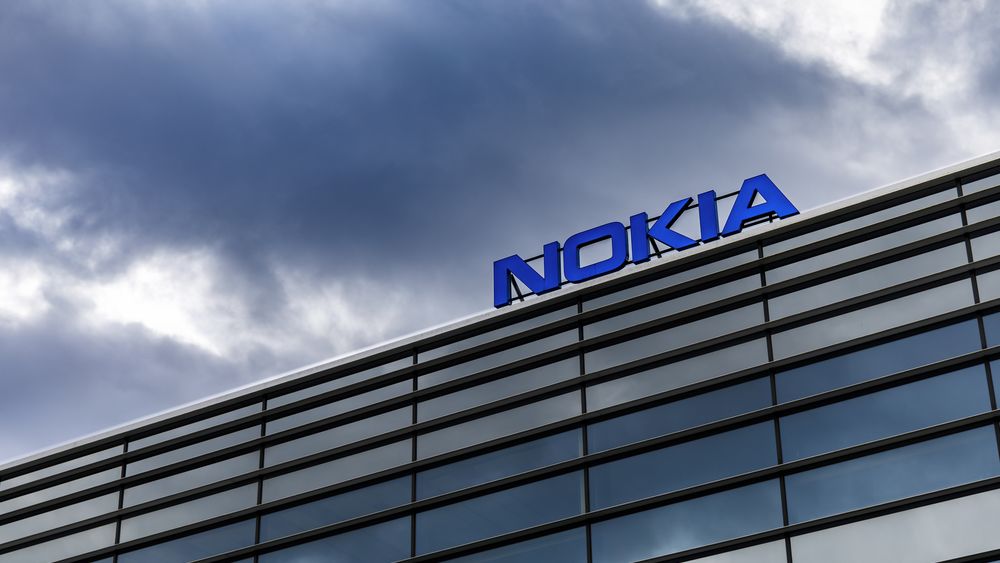 Nokia and Ligado partner on 4G, 5G enterprise private network
Nokia and Ligado partner on 4G, 5G enterprise private networkNews Nokia will leverage Ligado’s Band 24 spectrum to reach the US enterprise market
-
 The IT Pro Products of the Year 2021: The year’s best hardware and software
The IT Pro Products of the Year 2021: The year’s best hardware and softwareBest Our pick of the best products from the past 12 months
-
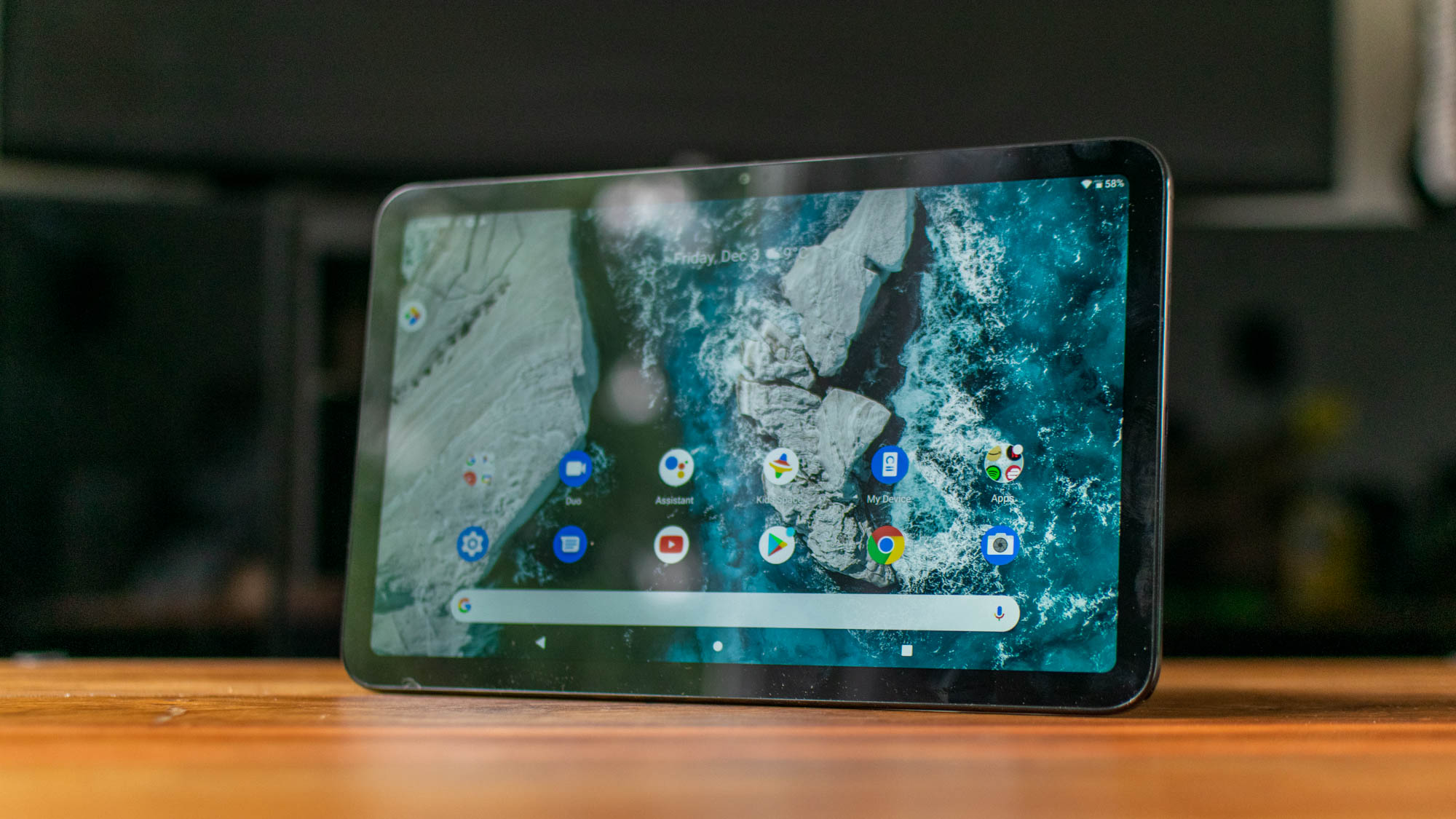
 Nokia T20 review: A simple, sturdy Android tablet at an SMB-friendly price
Nokia T20 review: A simple, sturdy Android tablet at an SMB-friendly priceReviews It’s not as luxurious as an iPad, but the T20 makes a fine, functional tablet for business


